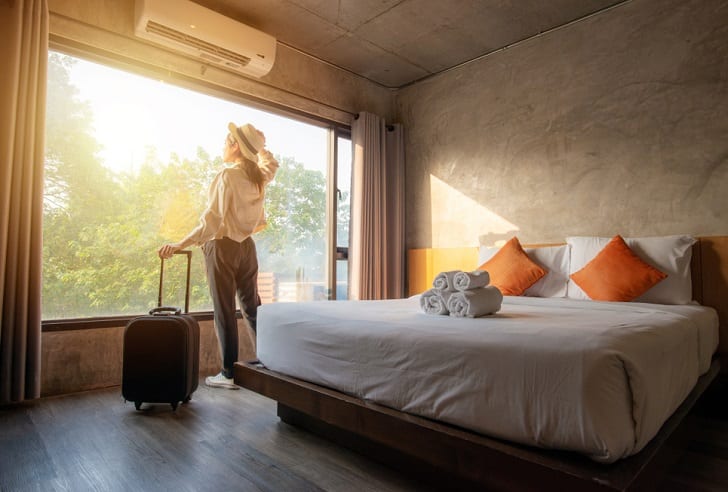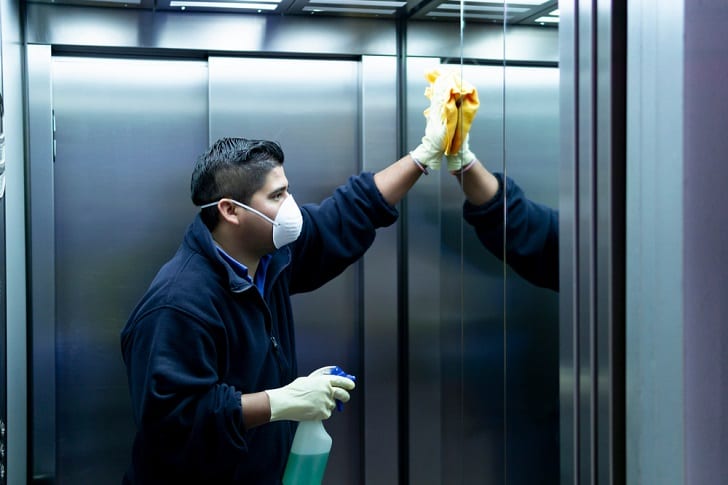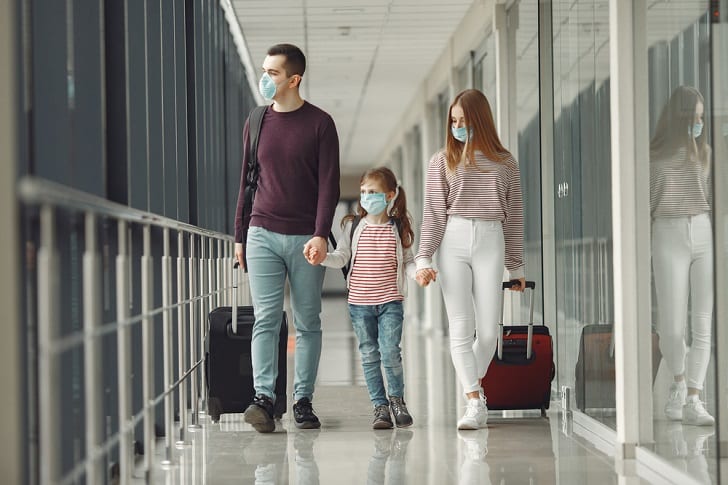Just in time for summer, the Maldives has opened its doors to tourists again after being closed down since March due to the coronavirus pandemic. Being dependent on tourism, the small island nation is doing its best to attract back international visitors.
For starters, the Maldives will reportedly not require you to undergo testing or to quarantine upon arrival. Apart from a mandatory temperature check, guests would only need to book their entire stay in one place while in the South Asian country.
These measures seem lax in comparison to other tourist destinations that have opened again. That said is it worth taking the risk to travel to the Maldives for summer?
On-Site Testing

Boyloso/Shutterstock: Guests would be required to confine themselves in their rooms until their COVID-19 test comes back negative
While the country itself is more relaxed when it comes to safety measures, private resorts and hotels on the island seem to be stricter.
For example, the luxury resort Soneva Fushi is giving its guests masks upon arrival and testing them for COVID-19. They would then be able to roam around after getting their results, which could take up to a day.
The resort would also be checking its guests’ temperatures daily as a safety measure. Another test would be given out on the fourth day of their stay.
Intense Cleaning Measures

Aitana Fotografia/Shutterstock: Cleaning and disinfecting won’t be limited to guest rooms but also public areas
Of course, hotels in the Maldives are also taking their cleaning practices more seriously these days. The Hilton hotels on the island are currently amping up cleaning procedures and checking their staff’s temperature as it prepares to gradually reopen.
Nils-Arne Schroeder, who works for Hilton’s Asia Pacific hotels, said that guests can expect to see cleaning crews even during the day instead of just at night as was the practice before the pandemic.
Hilton’s new guidelines are summed up in the CleanStay program.
A Question of Demand

Oleggg/Shutterstock: Travel restrictions have recently eased up but are still quite limiting to some flyers
While resorts and hotels in the Maldives seem to be prepared to accommodate summer vacationers, there’s still the question of whether there will be a demand for their services.
It’s worth noting that tourists would come from other countries that may have different and stricter travel safety measures in place. These might discourage travelers from flying out to vacation altogether.
For example, there are countries that require their residents to take a COVID-19 test and to quarantine for two weeks upon their return home from traveling.










